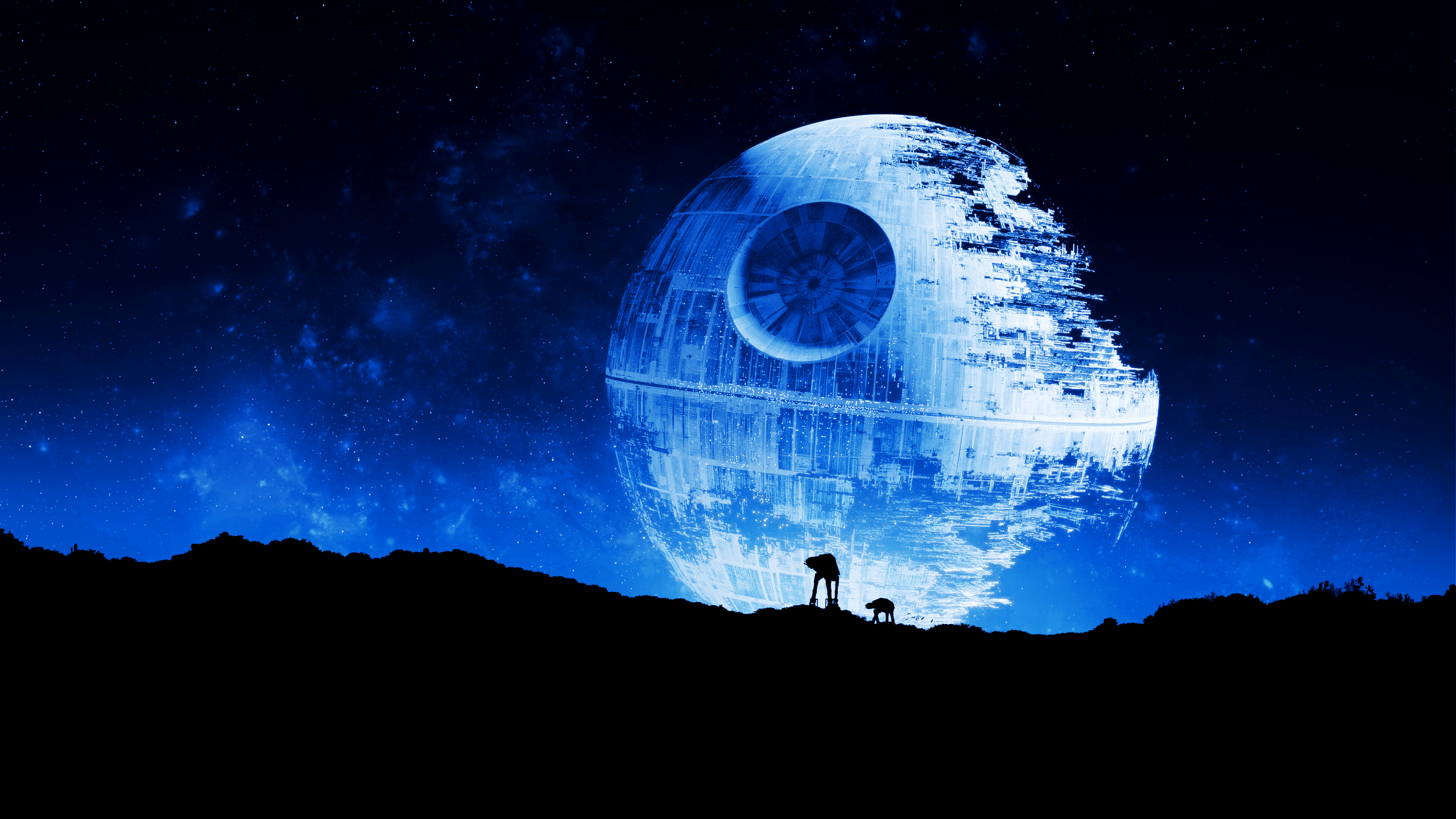Ever wondered what it would be like to hold the power to obliterate a planet? The enduring fascination with the Death Star, the ultimate symbol of galactic power and destructive capability from the Star Wars saga, continues to captivate audiences and creators alike. From high-resolution wallpapers to intricate LEGO models, the image of the Death Star permeates popular culture.
The Death Star, in its essence, is more than just a fictional weapon; its a representation of technological terror, a stark reminder of the potential consequences of unchecked power. This enduring appeal is evident in the myriad of ways people engage with the imagery of the Death Star, whether its searching for the perfect desktop background, building a replica out of LEGO bricks, or delving into the political machinations surrounding its construction as depicted in Star Wars novels. The quest to download the perfect Death Star picture is a testament to this enduring fascination, a search for a visual representation of both awe-inspiring engineering and chilling destruction.
| Aspect | Details Regarding the Death Star |
|---|---|
| Conceptual Origin | First conceived as a mobile space station and ultimate weapon capable of destroying entire planets, conceived by George Lucas and his team for the Star Wars saga. |
| In-Universe Purpose | Designed and constructed by the Galactic Empire to maintain order through fear and to suppress rebellions by demonstrating overwhelming destructive power. |
| Operational History | The first Death Star, designated DS-1 Orbital Battle Station, was destroyed by Luke Skywalker in Star Wars: Episode IV - A New Hope. The second Death Star, DS-2, was destroyed during the Battle of Endor in Star Wars: Episode VI - Return of the Jedi. |
| Technological Specifications | The first Death Star had a diameter of approximately 160 kilometers, while the second Death Star was larger, with a diameter of approximately 900 kilometers. Both were equipped with a superlaser capable of destroying a planet. |
| Construction | The construction of the first Death Star was a massive undertaking, involving significant resources and manpower. The second Death Star's construction was even more ambitious but ultimately incomplete at the time of its destruction. The novel "Death Star" by Michael Reaves and Steve Perry delves into the complex politics and agendas surrounding its construction. |
| Cultural Impact | The Death Star has become a widely recognized symbol of technological terror and ultimate power. It has been referenced and parodied in numerous films, television shows, and other forms of media. The image of the Death Star is deeply embedded in popular culture. |
| Related Media | Numerous images, wallpapers, and stock photos of the Death Star are available for download online. LEGO has also released several Death Star models, including a UCS (Ultimate Collector Series) version. |
| Real-World Analogies | The Death Star has often been compared to large-scale military projects and technological advancements with the potential for significant destruction. It serves as a cautionary tale about the dangers of unchecked technological progress and the concentration of power. |
| Behind the Scenes | The visual effects for the Death Star's destruction in the original Star Wars film were groundbreaking for their time. The surface of the Death Star was partially created by blowing up materials in the parking lot at Industrial Light & Magic (ILM). George Lucas envisioned the Death Star trench being around 40 miles long, but the miniature trench constructed for filming was approximately 60 feet long. |
| Bartender | In the star wars novel \u201cdeath star,\u201d one of the story arcs follows a bartender who opens a little watering hole for imperial officers on the death star called the hard heart cantina after her |


